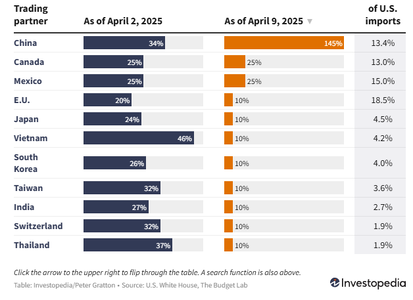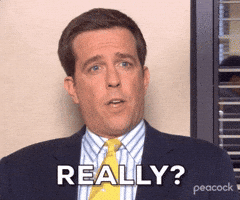Hell, have you ever driven a Ford Focus or Chevy Cruze, and then drove a Civic or Corolla?
US auto manufacturers aren't competitive internationally because they:
- Make non competitive vehicles in their classes, most notably because they fail the reliable test. One offs exist, like Buick was once a big seller in the luxury adjacent category in China and the Ford c-Max and Focus had their time in the EU markets. Yet, when the Prius, Corolla, Civic, HRV, market specific subcompacts, and better hybrid and electric tech exist, the US manufacturers don't have much of a market, particularly when Tesla is run by a Nazi.
- Make absurdly sized vehicles that make no sense in the more urbanized, walkable, and public transit supported international communities.



